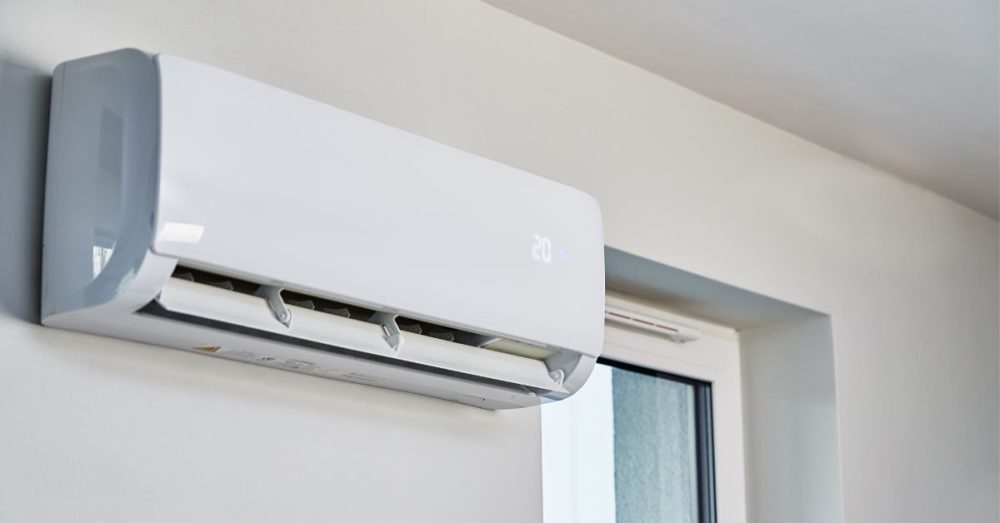Summer has arrived in full force, and many are looking for a way to beat the relentless heat. Keeping your home cool in the summer can be a challenge. Whether it’s one air conditioner for your home, or one for each room, we have you covered on what to look for in your next unit.
Here is some of what P.J. McCormick reported on the subject for New York Post:
Stuck on where to start on your new air conditioner journey? Worry not!
We asked the experts at P.C. Richard & Son about what to look for when purchasing an AC for your home and a walk-through of some of its favorite brands and models, all to help you land the best window or portable air conditioner to suit your specific needs.
Consider your room size
You wouldn’t try to heat your living room with a single candle, right? By the same token, you wouldn’t put a fireplace in your walk-in closet.
This is to say, the size of your space matters when it comes to heating and cooling. Before you start shopping, it’s pivotal to bust out your tape measure and calculate your room’s square footage (by multiplying the length by the width if it’s been a little while since geometry class).
There are myriad other factors to consider when you’re purchasing an air conditioner (more on these shortly). Chief among them is room size, which can help accurately determine the scale of power necessary to cool your room, measured in BTU.
What’s BTU?
We’re not scientists, so we’ll let P.C. Richard & Son take the explanation from here:
“A BTU, or British Thermal Unit, is the amount of energy needed to raise 1 pound of water by 1 degree Fahrenheit while at sea level. When it comes to air conditioners, the BTU rating tells you how many BTUs per hour the machine can remove from the air.”
In simpler terms: “The higher the rating, the more high-intensity the cooling.”
Therefore, a larger space requires a higher BTU count, while smaller spaces can be adequately cooled with less.
Striking the correct balance, however, is important. Too high a BTU count, even for a larger space, can result in wasted energy and increased humidity. Bigger isn’t always better. Finding the right size is paramount.
Luckily, P.C. Richard & Son’s site contains a helpful tool for BTU calculation, allowing you to select the approximate size of your space, in addition to a few other factors – perfect for helping you determine the power level that works best for your home.
But BTU level is far from the only factor to consider when you’re buying an air conditioning unit for your home.


